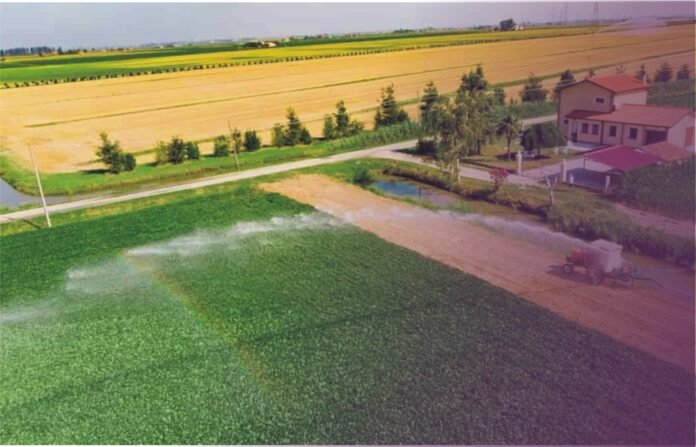Climate change is worsening urban flooding and water scarcity in Pakistan. Rainwater management is more important than ever, especially in water-scarce agriculture.
These difficulties can be solved sustainably with rainwater harvesting (RWH). Pakistan can reduce urban flooding and restore groundwater by catching rooftop and surface rainwater. This minimizes dependence on traditional water sources and mitigates climate change.
Rainwater storage projects, including underground reservoirs and rain gardens in Lahore and Islamabad, have shown promise. These reservoirs avoid flooding, provide irrigation and green spaces, and improve urban livability.
RWH can improve farming in rural areas focused on agriculture by complementing irrigation and minimizing groundwater exploitation. Surface ponds and deep recharge wells conserve rainwater for year-round use.
Through governmental mandates and community-driven initiatives, countries with similar difficulties have introduced RWH. Pakistan can emulate RWH adoption by encouraging the public and commercial sectors to invest in water-saving technologies.
Rainwater harvesting is a practical and eco-friendly way for Pakistan to safeguard its water future amid rising population and climate uncertainty. Pakistan can preserve its agricultural output, urban infrastructure, and water supplies for future generations by harvesting rainwater.



